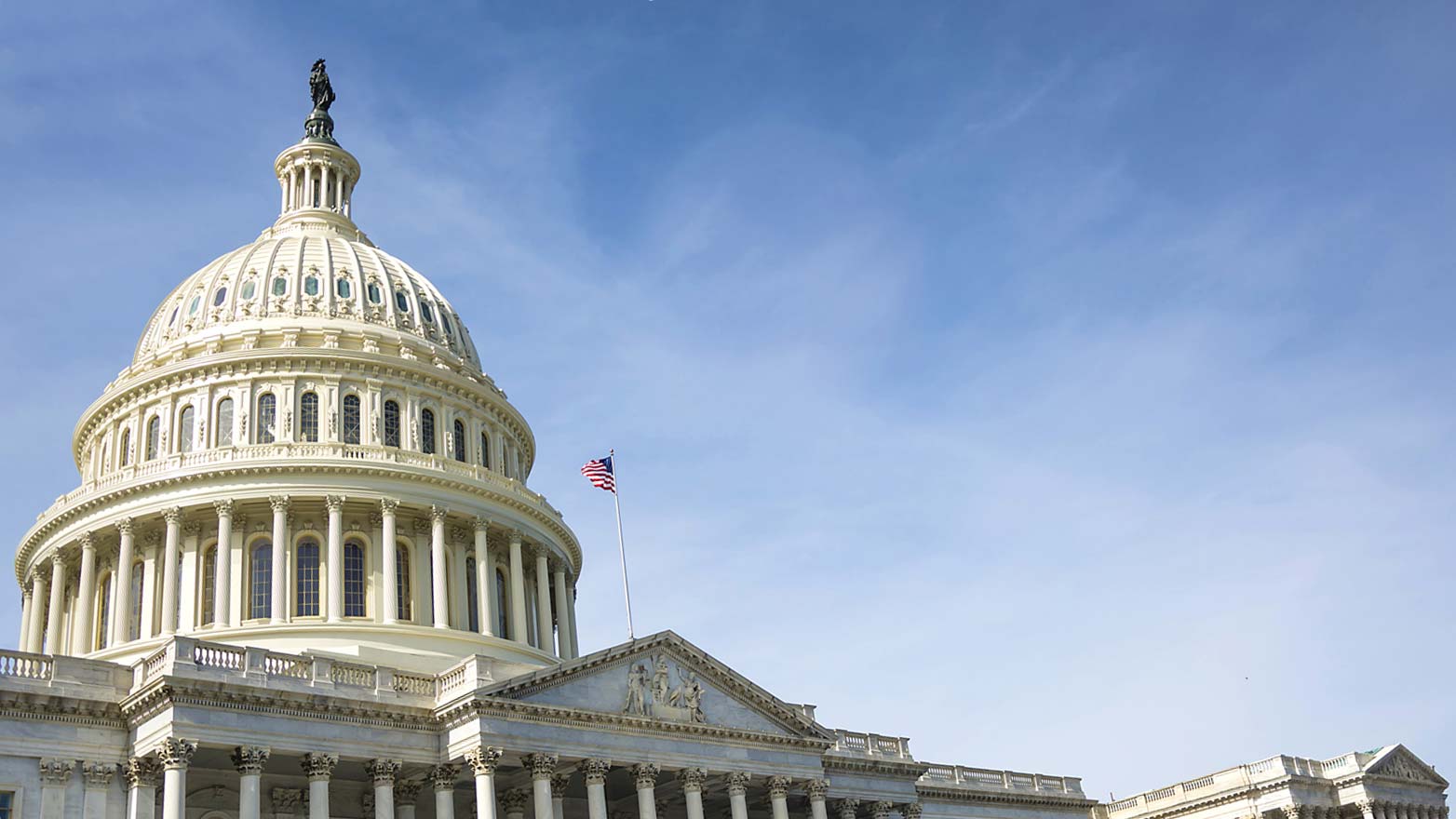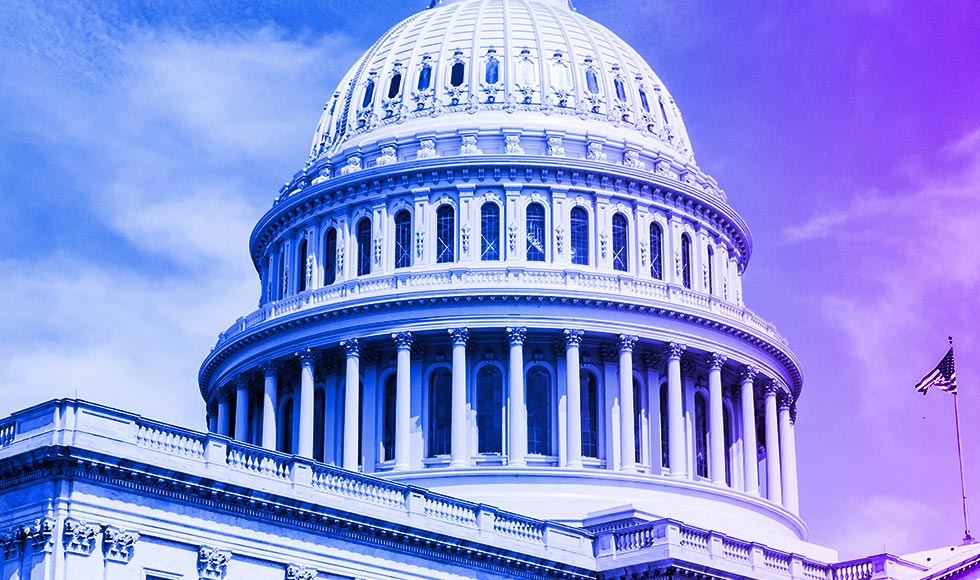September 2022
With the issuance of FinCEN’s long-anticipated final rule on beneficial ownership, companies should expect strengthened regulatory attention in such areas as due diligence, SAR filings, and anti-corruption compliance programs. (Note: FinCEN’s rule for reporting beneficial ownership information is the first of three rulemakings that will implement the provisions of the Corporate Transparency Act and inform the content of a national database on corporate ownership. The additional rulemakings will (1) establish rules for who may access BOI, for what purposes, and the safeguards that will be required to ensure the information is secured and protected; and (2) revise FinCEN’s customer due diligence rule following the promulgation of the BOI reporting final rule.)
Financial Crime: FinCEN final rule on beneficial ownership
Final rule on beneficial ownership

Share
Dive into our thinking:
Financial Crime: FinCEN final rule on beneficial ownership
Download PDFGet the latest from KPMG Regulatory Insights
KPMG Regulatory Insights is the thought leader hub for timely insight on risk and regulatory developments.
Explore more

Points of View
Insights and analyses of emerging regulatory issues and their impact.

Regulatory Alerts
Quick hitting summaries of specific regulatory developments and their impact.

Washington Report 360
A weekly newsletter covering legislative and regulatory developments affecting financial services firms—in 360 words or less.
Meet our team

Amy S. Matsuo
Principal, U.S. Regulatory Insights & Compliance Transformation Lead, KPMG LLP

John Caruso
Principal, Forensic, KPMG US

Edwige Sacco
Principal, KPMG US
